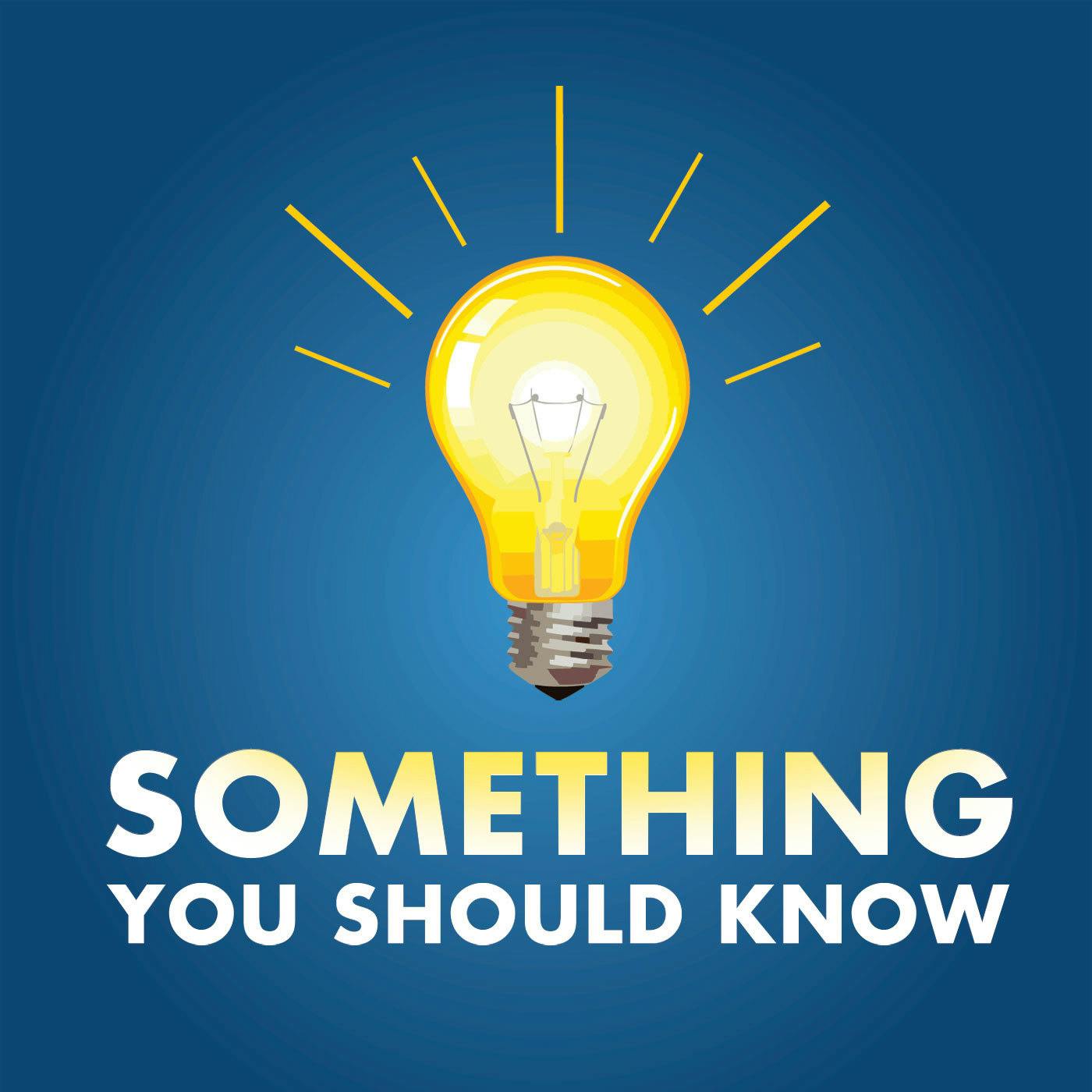
How Animals Really Communicate & Proven Ways to Make Meaningful Connections

Something You Should Know
Deep Dive
Shownotes Transcript
Should you get a second opinion? A lot of people faced with a medical diagnosis often wonder about that. Will they offend the original doctor if they ask for a second opinion? Is it really necessary? Is it worth the trouble? Listen as I explain the value of a second opinion. https://www.yalemedicine.org/news/second-opinions)
We know animals communicate – but what are they communicating? When a wolf howls or a dolphin clicks, or a cricket chirps – what is it saying? Is it a language that can be translated or is it just noise to say, “Here I am!” Or is it something else entirely? And here is something interesting – we can teach our language to chimps and parrots – and they are able to use it. But they don’t use it when they are with another chimp or parrot who can also speak our language. Why not? Here to explain the science of animal communication is Arik Kirschebaum. He is a zoologist, college lecturer and fellow at Girton College, University of Cambridge and he has done extensive fieldwork on animal communication. He is author of the book Why Animals Talk: The New Science of Animal Communication (https://amzn.to/3LN4fwe))
It's easy to think that loneliness and lack of social connections is a 21st century thing – but it’s not. Research going back decades shows that people have long felt they didn’t have enough friends and connections. Given that we are social creatures who crave connection, why is it so hard to make real friends? Maybe it isn’t. Maybe we just think it is. That’s what David Robson is here to discuss. He says that once we understand the barriers to connecting to other people, they are easy to overcome. David is an award-winning science writer and the author of the book The Laws of Connection: The Scientific Secrets of Building a Strong Social Network (https://amzn.to/3ynUTDZ).)
Have you ever struggled with how to end an email? “Sincerely” sounds a bit formal. “Cheers” may be a little too informal. So, what’s best – and worst? Listen as I explain some popular email sign offs that you might want to avoid. https://www.grammarly.com/blog/how-to-end-an-email/)
Learn more about your ad choices. Visit megaphone.fm/adchoices)